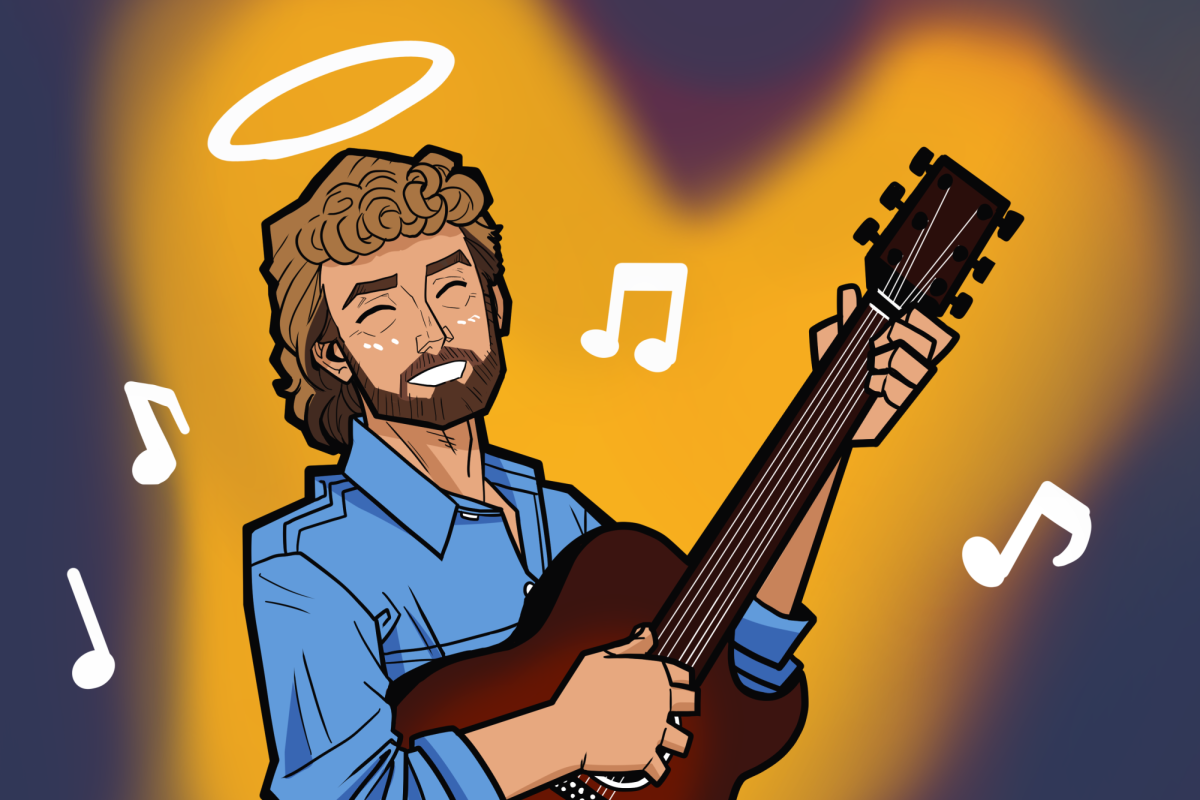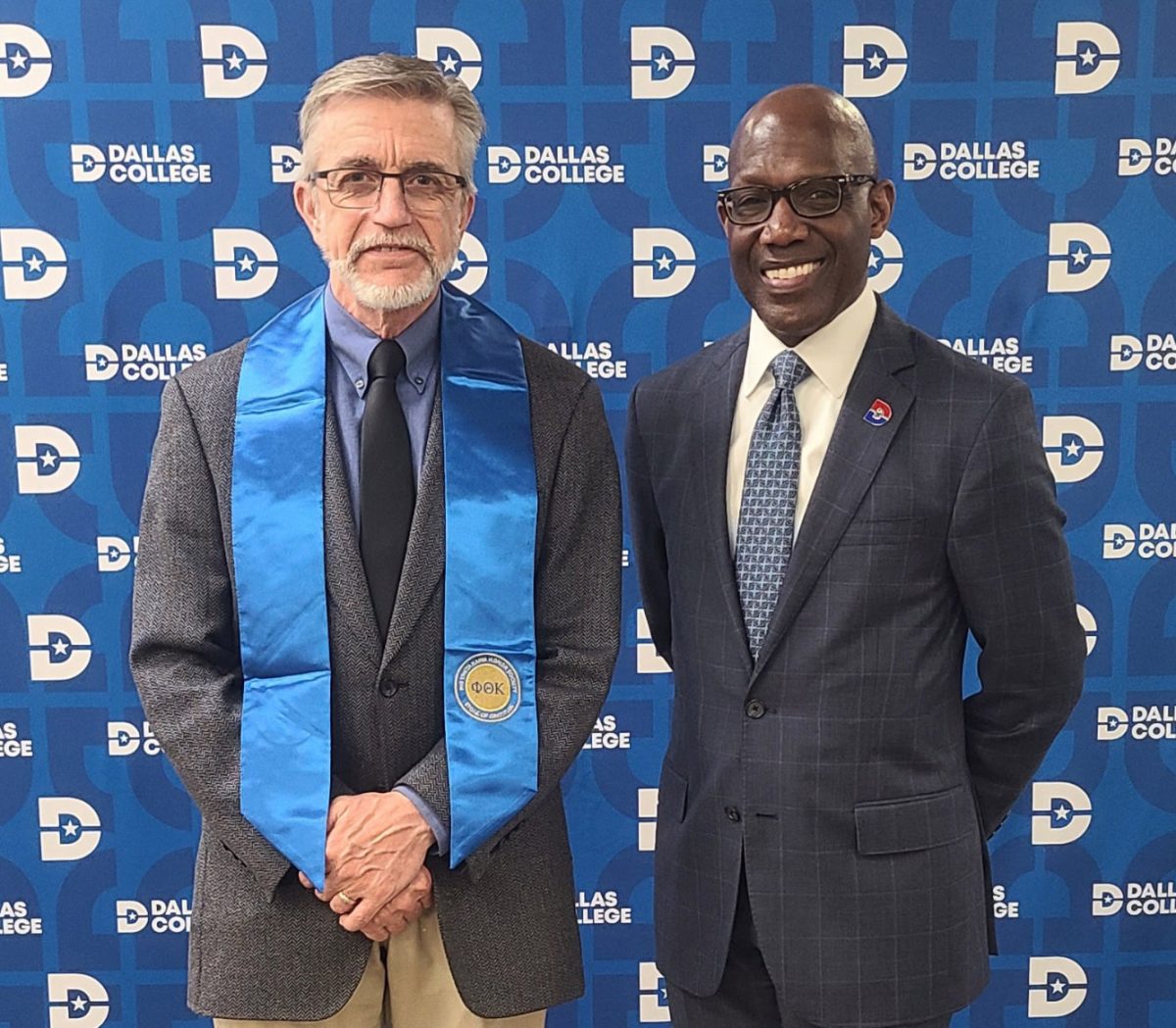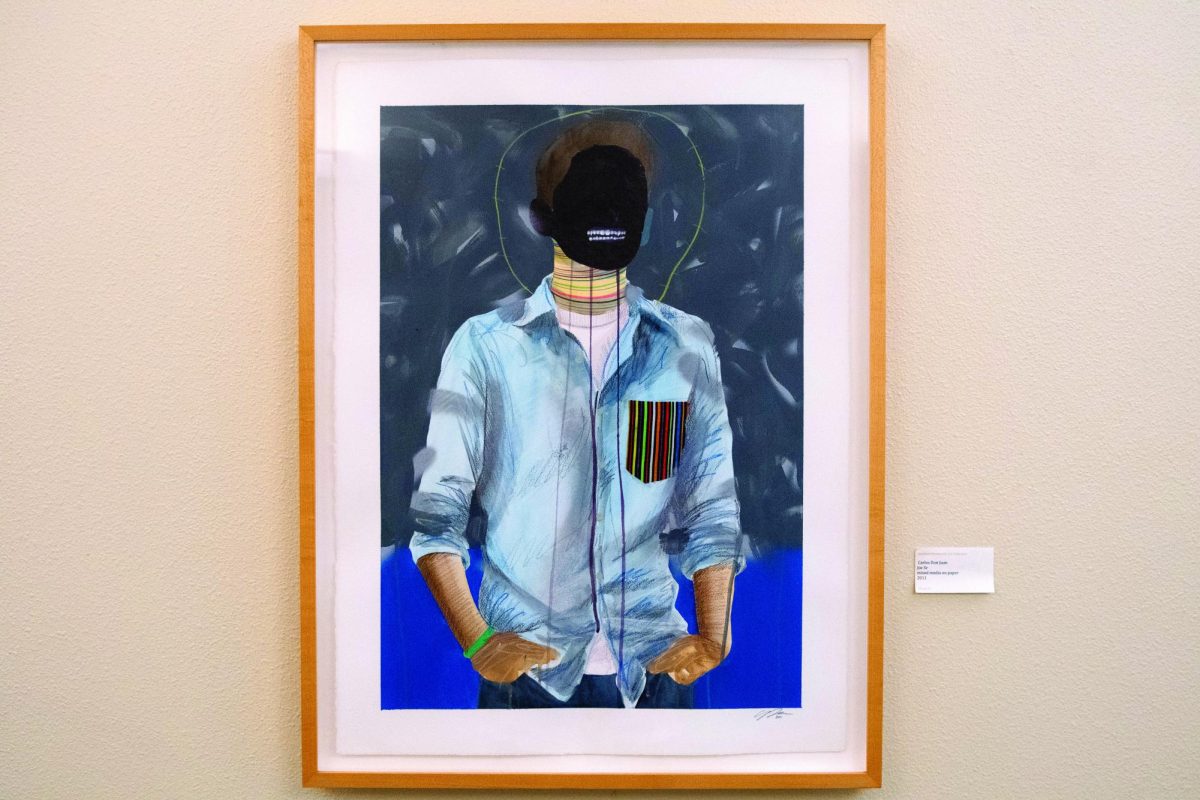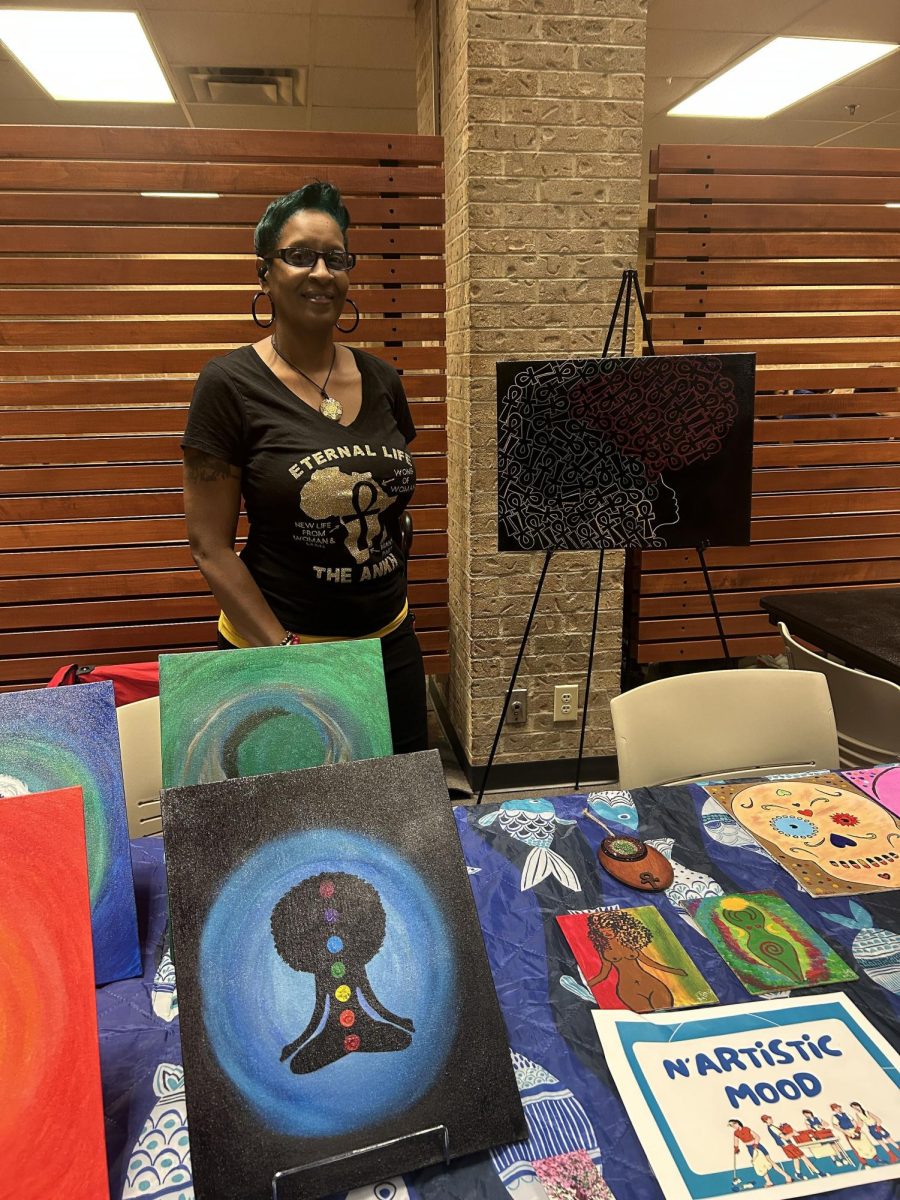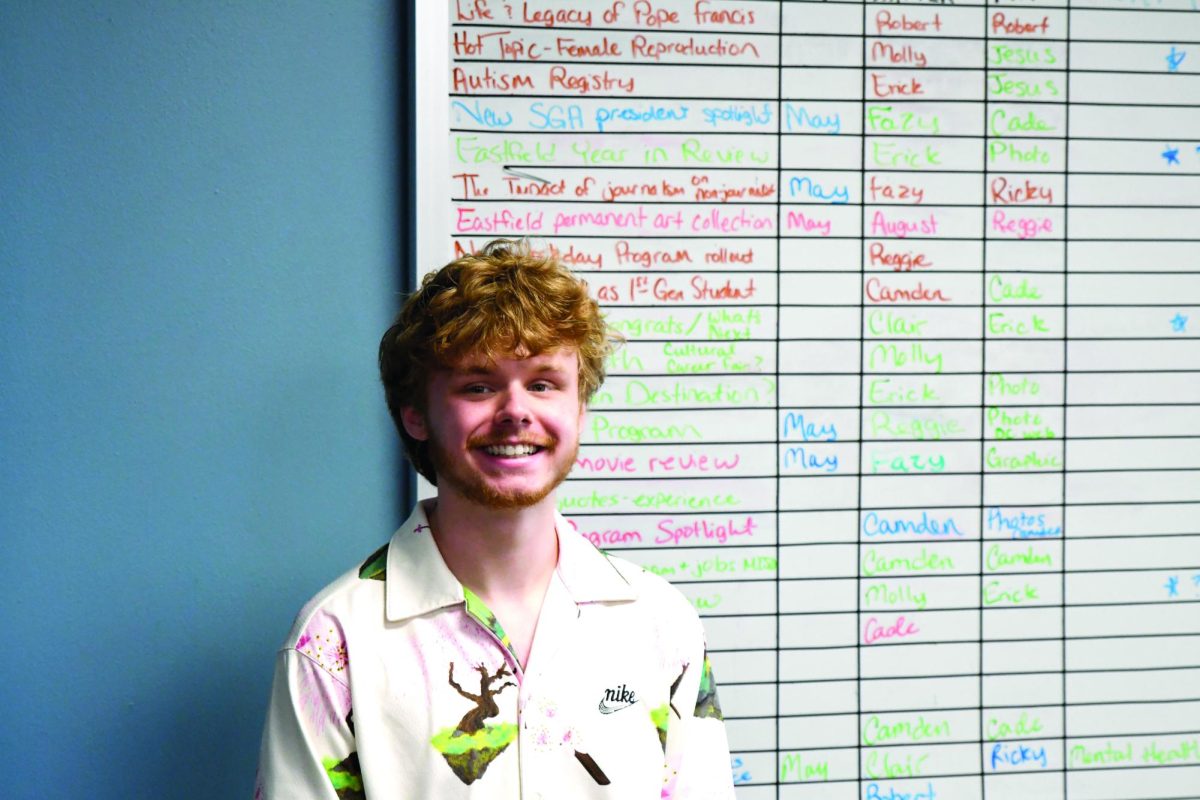Ending up as a country singer often involves a bit of redirection. George Strait served in the Army, attained the rank of corporal and graduated from Texas State before his career took off. Merle Haggard was just another convict before he saw Johnny Cash perform while incarcerated at San Quentin.
Keith Whitley, however, was always destined to be a country legend. While on the Ralph Emery Show, a fan asked Whitley what he would’ve done had he not become a singer, and his response is very telling.
“I’ve never really given that any thought,” he said. “I don’t remember deciding to become a singer. I’ve always done it. Some of my earliest memories are being 3 or 4 years old and riding in the car with Mom and Dad on Sunday and singing.”
Jackie Keith Whitley was born in Sandy Hook, Kentucky, on July 1, 1954, and started singing soon after. He won his first talent contest when he was four or five by performing Marty Robbins’ “Big Iron” and George Jones’ “Wandering Soul” in an all-black cowboy getup. One of the judges, a local disk jockey, urged Whitley’s father to “get that boy a guitar.” Luckily, he listened, and Whitley began learning from his mother shortly after.
“This lady right here is responsible for all of us playing music,” Dwight Whitley said to Neon Records, referring to his mother, Faye. “She taught us all to play the guitar. Keith learned all the Hank Williams [and] Lefty Frizzell and that was really his first love, those old country songs.”
Whitley and bluegrass legend Ricky Skaggs met as teenagers at a music contest in Kentucky. The two became fast friends, and Skaggs began playing radio shows with Whitley and his brother Dwight.
In 1969, Skaggs’ father took the two boys to see Ralph Stanley perform in West Virginia. When the main act was nowhere to be seen, the boys were presented with an opportunity.
“The owner of the club asked if me and Keith would get up and sing some,” Skaggs said in an interview. “Well, my dad would never let us go anywhere if we didn’t take our instruments with us, just in case we might need to play somewhere.”
When Stanley arrived an hour late because of a flat tire, the boys were still on stage.
“When I got to the place … I heard some music inside … and I thought they were playing Stanley Brother records,” he said. “It was Ricky Skaggs and Keith Whitley and they was doing a fine job. It really shocked me.”
He was so impressed that he hired the boys to open for him when he was in town and tour with him during the summer. They later joined Stanley’s Clinch Mountain Boys, where Whitley eventually became the frontman. Stanley also pushed the two to produce their own music, resulting in 1971’s “Tribute to The Stanley Brothers” and “Second Generation Bluegrass.”
After his time with J.D. Crowe & The New South, Whitley moved to Nashville in 1983 and released his debut EP, “A Hard Act to Follow,” a year later to lukewarm reception. Whitley sounds great, especially on “Turn Me To Love” and the titular track, but the song selection and production just weren’t up to snuff.
His first full-length, “LA to Miami,” was released the following year and was more well-received, peaking at No. 26 on Billboard’s Top Country Albums in the U.S. This time around, Whitley moved away from the neotraditional sound for a more modern approach with tracks like the upbeat, synth and sax-ridden “I’ve Got The Heart For You,” and to a lesser degree, “Miami, My Amy,” which reached No. 14 on Billboard.
“Now Amy just called and said, ‘Please come back’ / I said, ‘I’m on my way babe, I ain’t even unpacked’ / ‘I want you, I love you,’ that’s all she had to say / Goodbye L.A.”
Whitley’s passion is palpable as he sings about his Floridian flame. “Homecoming ’63” adds a tasteful saxophone accompaniment to Whitley’s reminiscing, resulting in a perfect fusion of neotraditional and pop country.
The record’s content is solid, but its composition is shaky. “Hard Livin’” reached No. 10 as a single, but its upbeat, walking guitar riff doesn’t fit between the slow and solemn “On the Other Hand” and “Ten Feet Away,” a song about falling in love with an audience member while on stage. “I’ve Got the Heart for You” is great alone and would go nicely on an R&B album, but it doesn’t belong anywhere near the bluegrass-led “That Stuff.”
As his next album neared completion, Whitley grew unhappy with its production. He convinced RCA to shelf the 15-track record and let him start a new project as a co-producer alongside Garth Fundis.
“I am very excited about the new album because this marks the first time that I have been involved in the production of my records,” Whitley said in an interview with Shelly Mangrum. “We went a whole lot more towards the direction of my roots, which is real traditional country. I got to do some things I’d always wanted to do and I think we got the best bunch of songs that we’ve had the chance to record as well.”
“Don’t Close Your Eyes” came out in 1988 and is without a doubt Whitley’s magnum opus. He returned to his initial neotraditional style in a big way and with the exception of “Some Old Side Road,” the record is much more consistent than his previous work. Each track feels personal to Whitley despite most of them being penned by someone else.
The No. 1 hit titular track puts Whitley in the shoes of an unrequited lover begging for affection. As he sings, “I keep hoping someday,” the piano drops out for a low and drawn-out steel guitar to beautifully complement the pain behind his words.
“Don’t close your eyes / Let it be me / Don’t pretend it’s him / In some fantasy.”
“The Birmingham Turnaround” is a fun twist on a love song, and its simplicity adds to its charm. The piano livens up as Whitley sings about returning to his lover, marking the conflict’s resolution and tugging at the heartstrings. Whitley drops low for “Would These Arms Be In Your Way,” another unconventionally written love song.
About a year after his now platinum-certified sophomore release, Whitley was found unresponsive in his bed by his brother-in-law, Lane Palmer. He died of alcohol poisoning, with a blood alcohol level of 0.47. His sorrowful cover of Frizzell’s “I Never Go Around Mirrors” and Whitley’s own “It’s All Coming Back to Me Now” carry a new weight when taking his death into account.
“I’m No Stranger to the Rain” is a proclamation of perseverance, and won Single of the Year at the 1989 Country Music Awards five months after his death.
In 2022, Whitley was finally inducted into the Country Music Hall of Fame.
Though his career was tragically cut short, Whitley made an indelible mark on country music with his heart-wrenching performances. Above all else, he was a small-town guy with a million-dollar smile who was very charismatic and loved his mama.
“He always had to call me just a minute before he’d get on the plane,” Faye said to Neon. “He had to let me know that he was leaving and he had to let me know as soon as he got there.”

